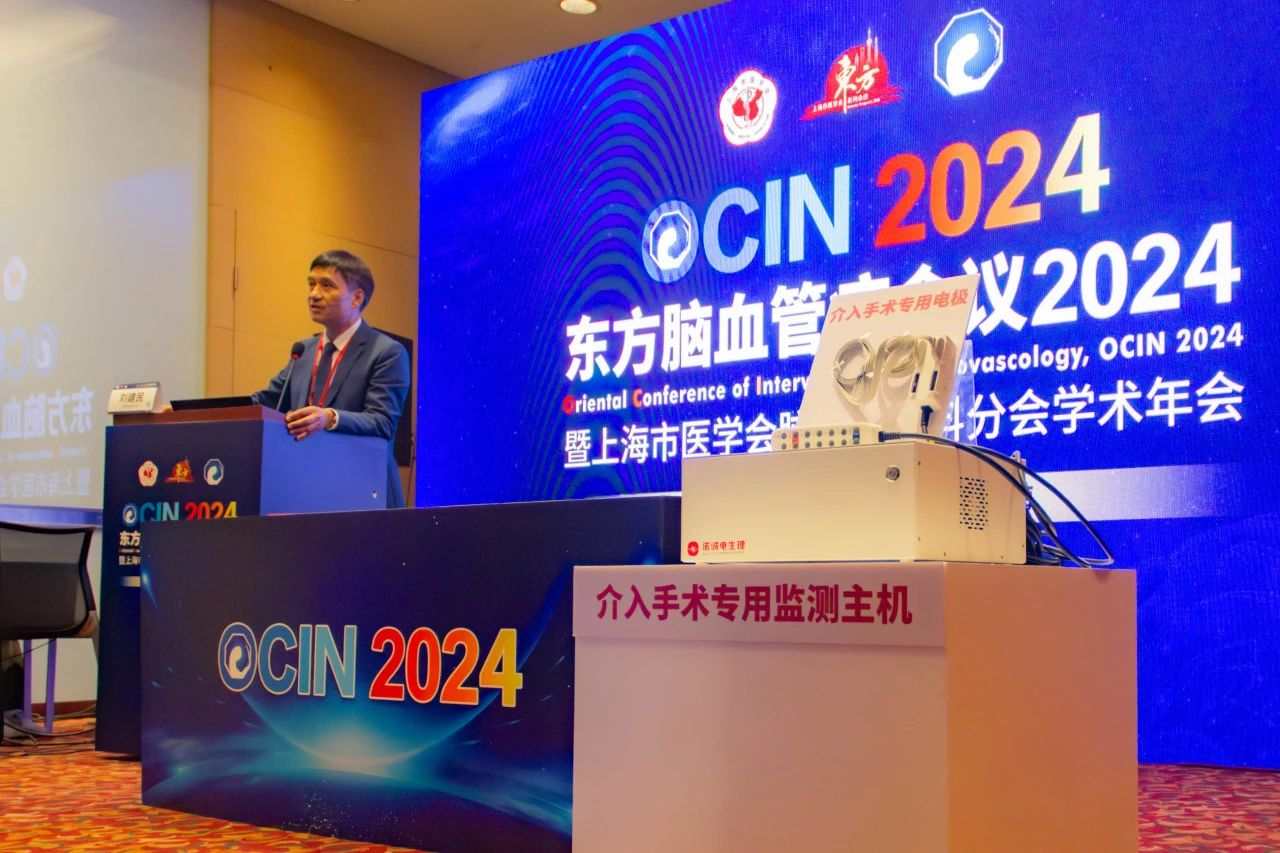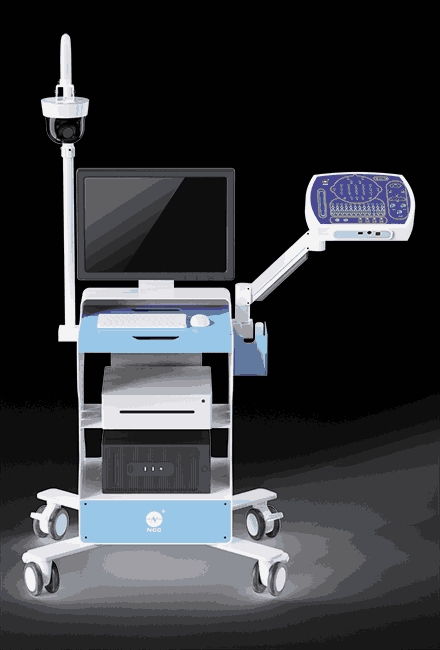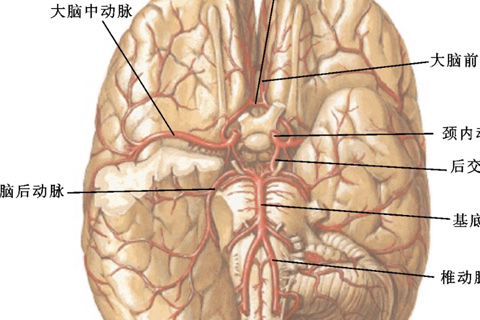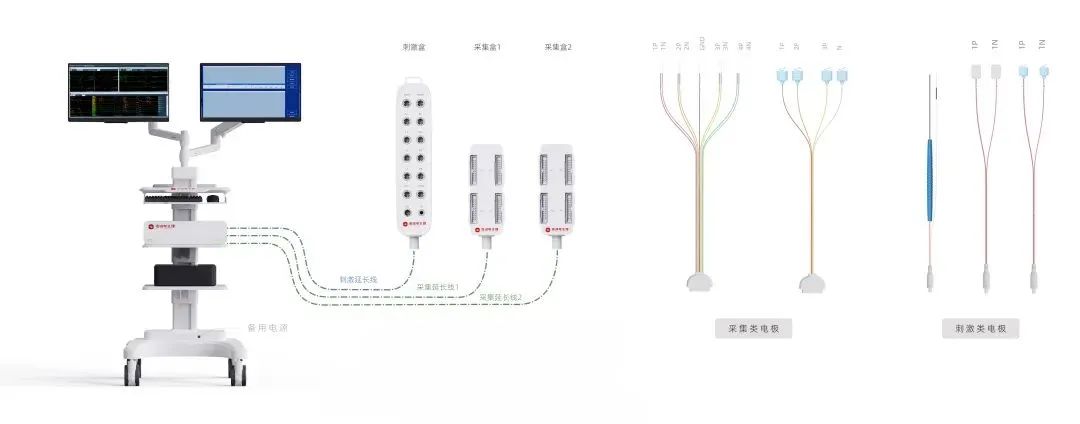NCC Launches Innovative Intraoperative Neurophysiological Monitoring for Interventional Surgery
In the realm of neurointerventional surgery, real-time monitoring of neural function is vital for enhancing surgical safety and minimizing nerve damage. However, existing intraoperative neurophysiological monitoring devices face significant challenges in the complex environment of neurointerventional operating rooms. At NCC, we are proud to announce the global debut of our groundbreaking intraoperative neurophysiological monitoring system specifically designed for interventional surgery.

The Importance of Real-Time Monitoring
During neurointerventional procedures, the ability to monitor neural function in real-time is crucial. It helps surgeons make informed decisions and adjust their techniques to avoid potential complications. Unfortunately, current monitoring equipment often struggles with issues such as:
- High Radiation Exposure: The operating room environment is typically filled with radiation, making it difficult for monitoring personnel to maintain long-range oversight within the surgical area.
- Signal Stability: Ensuring that monitoring signals are transmitted in real-time and remain stable can be challenging, particularly when equipment is subjected to various interferences.
- Electrode Visibility: Conventional electrode wires used in intraoperative monitoring can become visible under Digital Subtraction Angiography (DSA), potentially impairing a surgeon's judgment.
Establishing the Neurophysiological Monitoring Innovation and Training Base
In response to these challenges, NCC has partnered with the Longhai Hospital Cerebrovascular Disease Center to launch the "Neuro Double Protection Plan." This initiative was officially announced during a signing ceremony at the Shanghai Electrophysiology and Rehabilitation Innovation Center. The collaboration aims to establish a Neurophysiological Monitoring Innovation and Education Training Base.
The project will leverage the resources of Longhai Hospital and the expertise of top cerebrovascular specialists from around the globe. By forming a multi-center clinical research team focused on neurophysiological monitoring, we aim to combine over 27 years of NCC's experience in electrophysiology with cutting-edge research and development in neurosurgery.
The First Prototype: A Game-Changer for Neurointerventional Surgery
We are excited to introduce the world’s first prototype of an intraoperative neurophysiological monitoring device specifically designed for neurointerventional surgery. This innovative equipment has achieved significant milestones and effectively addresses many challenges faced in clinical practice.
Key Features of Our Intraoperative Neurophysiological Monitoring System:
- Real-Time Synchronization: The device allows for real-time synchronized monitoring, providing instant feedback to surgeons during procedures.
- Remote Monitoring Capabilities: Surgeons can monitor neural function remotely, ensuring that they can focus on the surgical site without being hindered by equipment.
- Enhanced Signal Stability: Our system has been engineered to ensure stable signal transmission, even in challenging conditions.
- Reduced Radiation Impact: By minimizing the need for personnel to be present in high-radiation areas, we enhance safety for both patients and medical staff.
This system is set to significantly improve the safety and effectiveness of neurointerventional surgeries while addressing common issues related to radiation exposure and electrode visibility.
Looking Ahead: Future Collaborations and Innovations
As we move forward, NCC plans to collaborate with international experts through academic exchange platforms like OCIN (Oriental Cerebrovascular Academic Exchange Platform). This collaboration will focus on clinical research and further development of our innovative devices.
By leveraging resources from national technology innovation centers, we aim to integrate clinical medical innovations with technological advancements from enterprises. This synergy will foster sustainable talent development in innovative technologies related to neurointervention.
Conclusion
The launch of our intraoperative neurophysiological monitoring system marks a significant advancement in the field of neurointerventional surgery. At NCC, we are committed to enhancing surgical safety and efficacy through innovative solutions that address real-world challenges faced by medical professionals.
If you are interested in learning more about our groundbreaking technologies or wish to collaborate on future projects, please reach out! Together, we can drive advancements in neurointerventional practices and improve patient outcomes worldwide.

 Arabic
Arabic Spanish
Spanish Hindi
Hindi French
French Indonesian
Indonesian Portuguese
Portuguese Persian
Persian Russian
Russian Korean
Korean German
German Vietnamese
Vietnamese Turkish
Turkish



